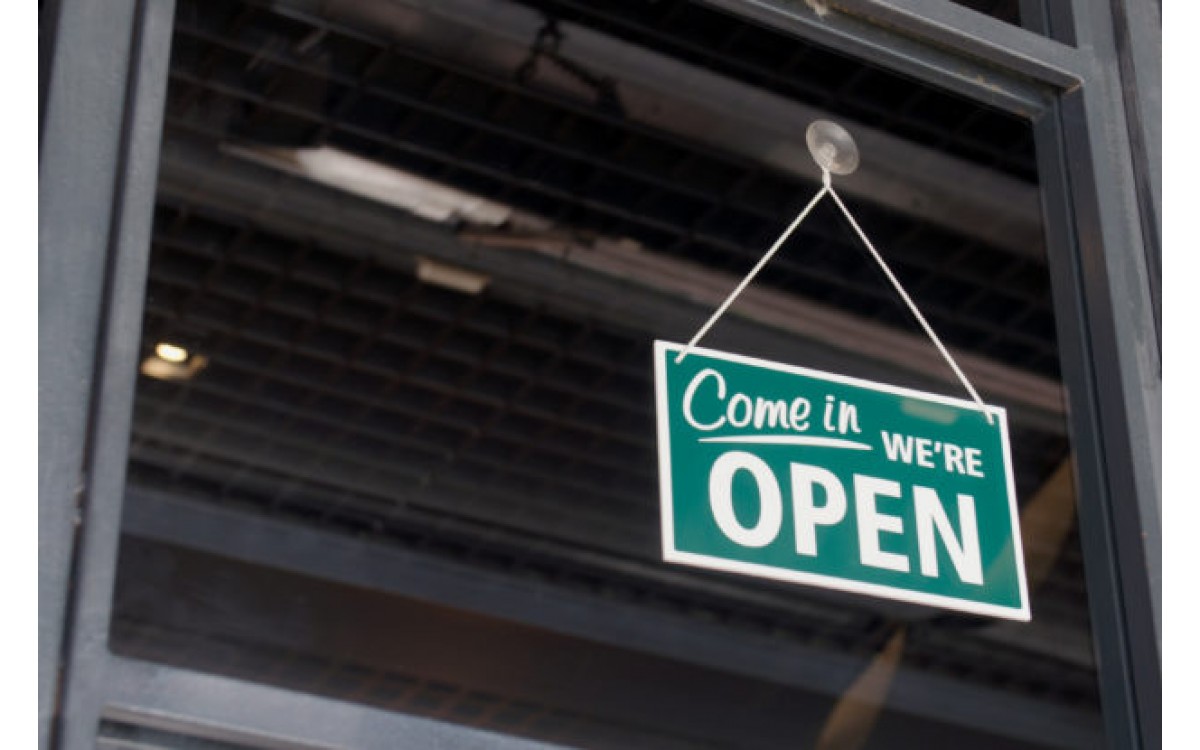Waivers of Liability and COVID-19
As more businesses
continue the process of reopening during the era of COVID-19, there is a level
of uncertainty and unchartered territory as the nationwide business community
seeks to once again provide services to their customers. However, due to
COVID-19, business owners are performing a delicate balance of service provider
while trying to minimize the risk present during a pandemic.
This has caused some
business owners to opt for the use of liability waivers. In short, a liability
waiver is a legal document that a person who participates in an activity may
sign to acknowledge that there is some risk involved in the activity. By
presenting a liability waiver, the company attempts to remove legal liability
from the business or person responsible for the activity. The most important
section of the liability waiver is that the customer agrees to waive the right to
sue the service provider for any damages or injuries that may arise from
participating in the activities or services provided by the business owner.
Liability waivers are
quite common, but it is not clear legally if a waiver will be enforceable
against a COVID-19 claim. To date, no court in the United States has answered
this question. However, in a majority of states, courts will enforce liability waivers
that protect the service provider from liability arising out of his or her
negligent conduct. Courts will look to
the language of the waiver to determine if the intention of the parties is
expressed in clear and unambiguous language to remove liability on
behalf of the negligent party. The wording in the liability waiver must be so
clear and understandable that an ordinary person will know what he or she is
giving up.
The overall
interpretation of these waivers will vary from state to state, but businesses
can be proactive in trying to limit the amount of liability exposure by
enacting a waiver of liability.









